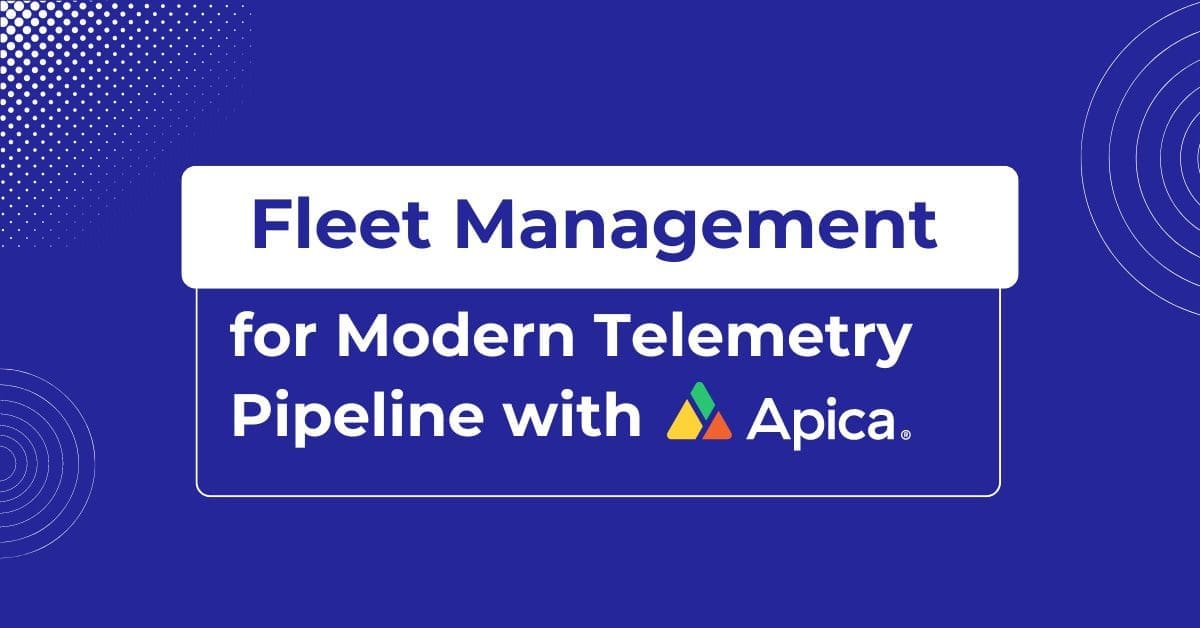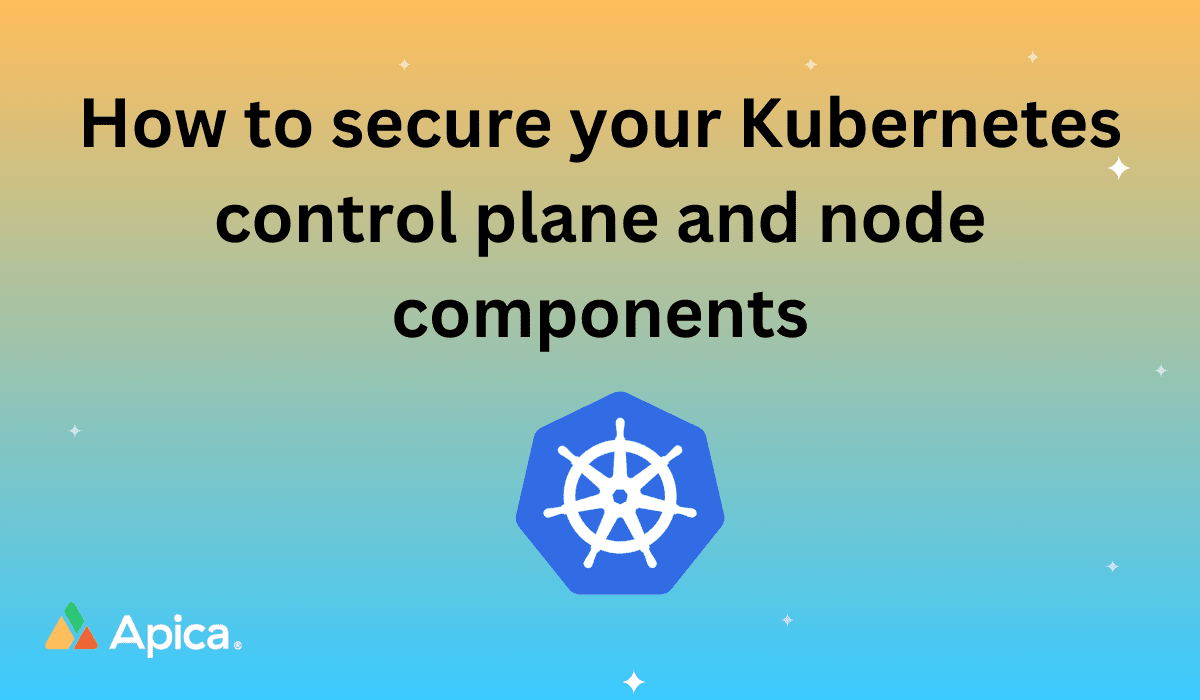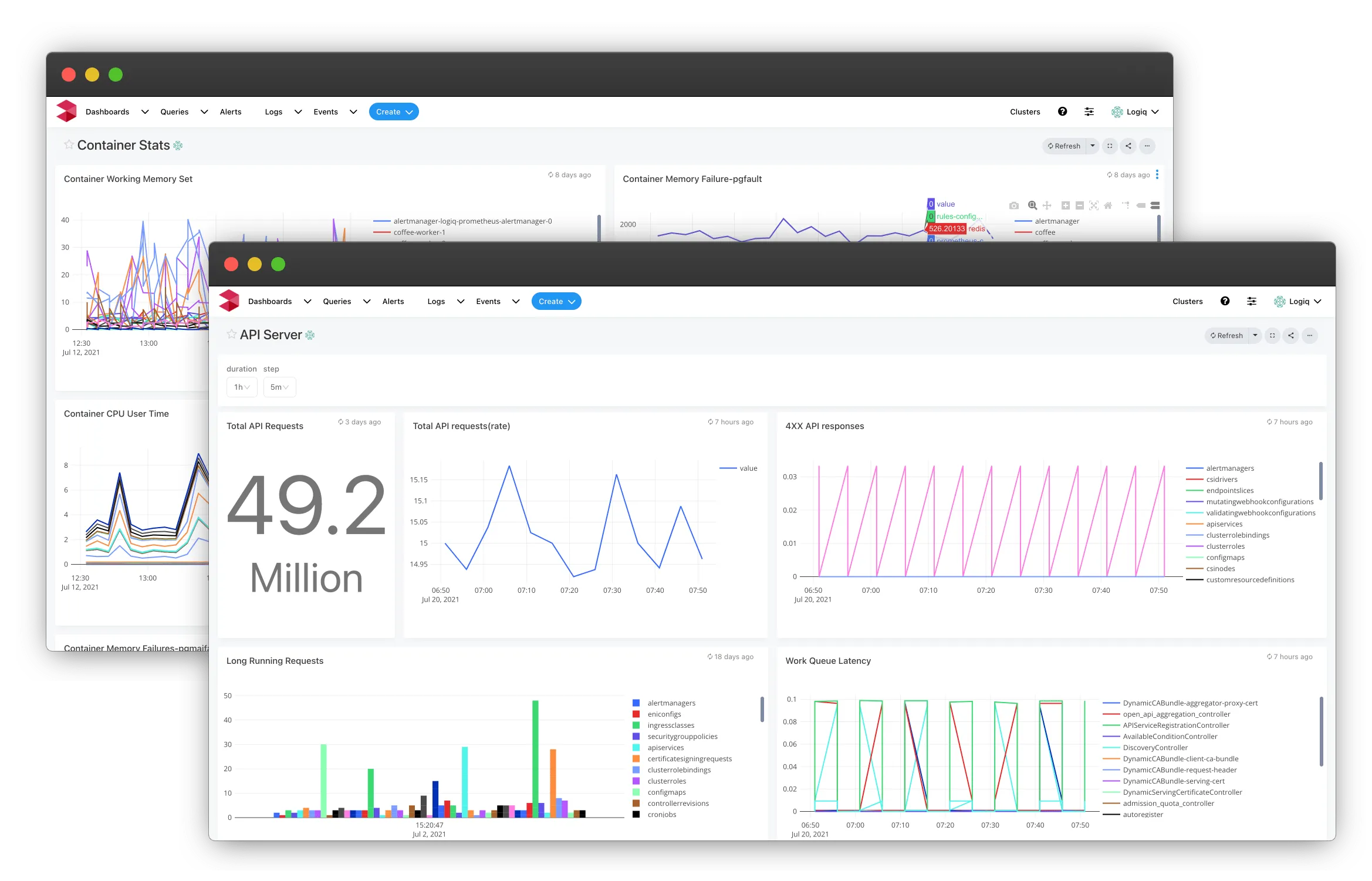
Kubernetes Monitoring: Best Practices, Metrics and Tools
Kubernetes monitoring is crucial as it adds yet another level of complexity to the already complex IT infrastructures. When implementing Kubernetes, it is essential to
High Cardinality at Scale: Rethinking Observability for Cloud- native Environments. Download here




The most comprehensive and user-friendly platform in the industry. Gain real-time insights into every layer of your infrastructure with automatic anomaly detection and root cause analysis.

Join us for live and virtual events featuring expert insights, customer stories, and partner connections. Don’t miss out on valuable learning opportunities!

Free Enterprise-Grade Telemetry Data Management and Observability is Here: Introducing Apica Freemium
Stay updated with the latest news and press releases, featuring key developments and industry insights.
Ensure seamless performance with robust load testing on Apica’s Test Portal powered by InstaStore™. Optimize reliability and scalability with real-time insights.
Articles and guides that help you make
data-driven decisions

Kubernetes monitoring is crucial as it adds yet another level of complexity to the already complex IT infrastructures. When implementing Kubernetes, it is essential to

In any modern containerized workload setting, container orchestration is imperative. Purportedly, the majority of contemporary applications make use of containers and micro-service-based architectures. Google designed

Understanding your Kubernetes cluster’s internal dynamics is critical for system and application performance. Reading, analyzing, and evaluating your logs allow you to fine-tune your applications

Kubernetes is an open-source cluster management system with many applications in the world of business and commerce. Kubernetes was first developed by Google in 2014
Kubernetes is a go-to solution for most cloud operators when it comes to container orchestration in distributed environments. Kubernetes performs phenomenally well when automating web

Kubernetes is one of the leaders in the container orchestration market. A recent survey by Cloud Native Computing Foundation (CNCF) suggests that 84% of companies
In a previous article, we showed you how to deploy your favourite application on MicroK8s using a Helm chart. In that article, we used the

Kubernetes is an open-source container orchestration platform designed to run distributed services and applications at scale. A K8s or Kubernetes cluster contains several components that

ApicaHub is officially live! ApicaHub is a collection of pre-built, ready-to-use dashboards for monitoring and observing important metrics for popular infrastructure and cloud services. Using
See how Apica Ascent helps you with quality testing with comprehensive monitoring and intelligent test data management.
Schedule a demo today to explore the Apica Ascent platform.